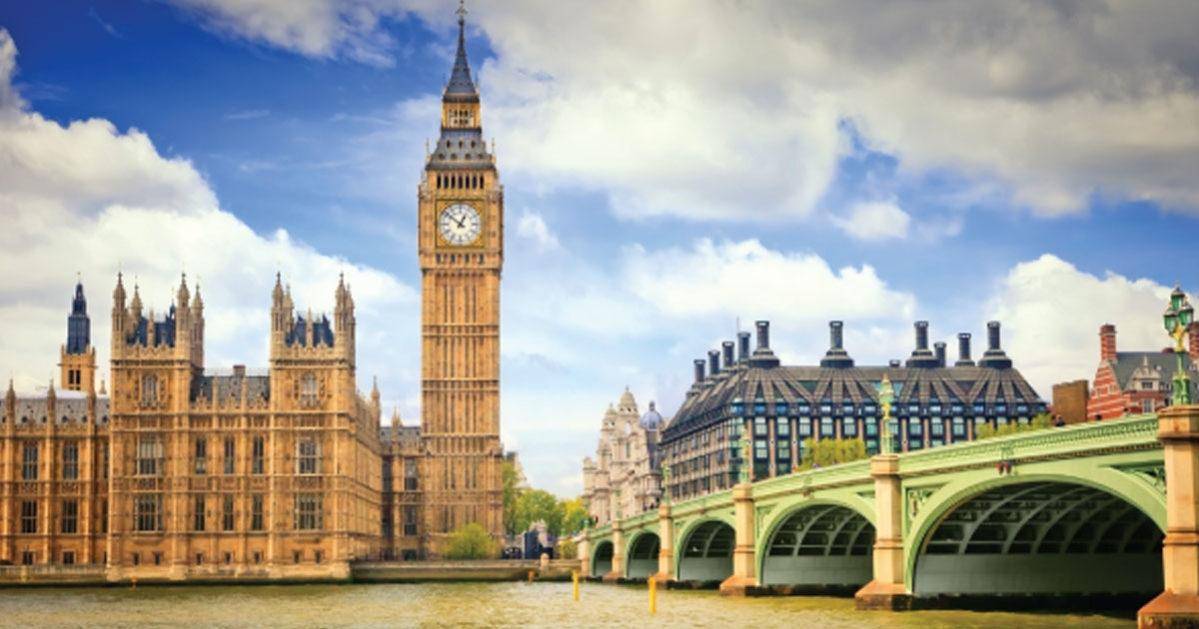The Home Office initially denied the seizure policy existed, and then later apologized for failing a “duty of candor” by withholding the information…reports Asian Lite News
The UK Home Office has admitted exercising an unlawful secret policy of seizing cell phones from migrants crossing the English Channel in small boats.
Lawyers representing the home secretary made the admission at the High Court on Thursday, while fighting legal action brought by three asylum seekers.
The men, from Iraq and Iran, were all arrested on arrival in the UK and were stripped of their possessions, despite committing no crime.
Government authorities kept their mobile phones for several months, leaving them unable to contact friends and family.
One of the men feared for the lives of his wife and seven-year-old child, but had no means to check on them.
The unnamed claimants are asking the High Court to make declarations of “serious illegality,” award damages and require the Home Office to alert everyone affected by the unlawful policy.
Their lawyers estimate that hundreds or possibly thousands of mobile phones have been unlawfully seized since 2018.
The Home Office initially denied the seizure policy existed, and then later apologized for failing a “duty of candor” by withholding the information.
Alan Payne QC, representing the Home Office, told the High Court: “The home secretary is accepting that the seizure policies were unlawful, were not in accordance with the law for the purpose of the European Convention on Human Rights and did not provide a lawful basis for the processing of data.”
Payne also admitted that a separate policy to keep asylum seekers’ phones for a minimum of three months was a “disproportionate interference” with human rights.

Lawyers for the claimants argued that the concessions were “manifestly incomplete and inadequate to reflect the extent of the illegality,” but Home Secretary Priti Patel’s team argued that the remaining grounds of legal challenge were “academic” and should be dismissed.
Home Office lawyers said the policy’s “precise origins are not known” and that it “appears to have developed organically.”
The confusion, they argued, derives from the misunderstanding that all people arriving in small boats from the Channel had committed a crime — this is not the case.
Sir James Eadie QC, representing the home secretary, said there was a “misunderstanding permeating that an illegal entry offense was always committed by passengers” on small boats at the time.
In December, a court ruled that crossing the Channel with the aim of being intercepted and claiming asylum did not amount to illegal entry, and that a “legal heresy” had developed among authorities and caused a series of wrongful prosecutions.
ALSO READ-Seafood sector to benefit as Britain starts Greenland trade talks









